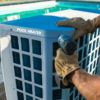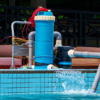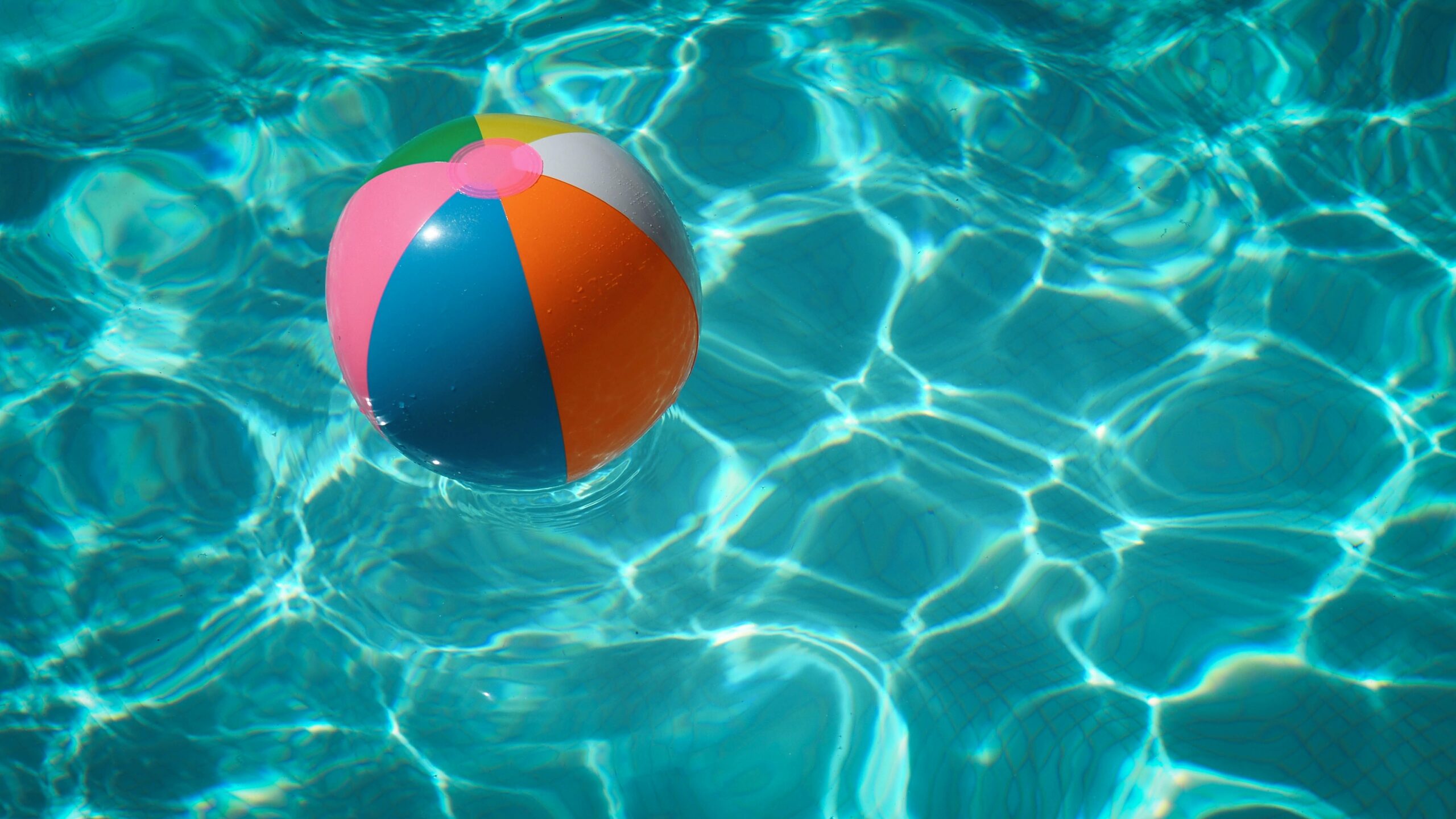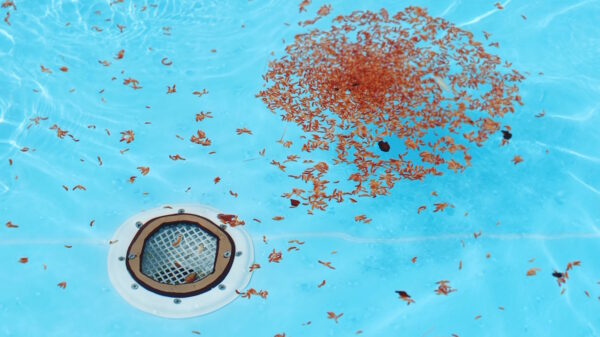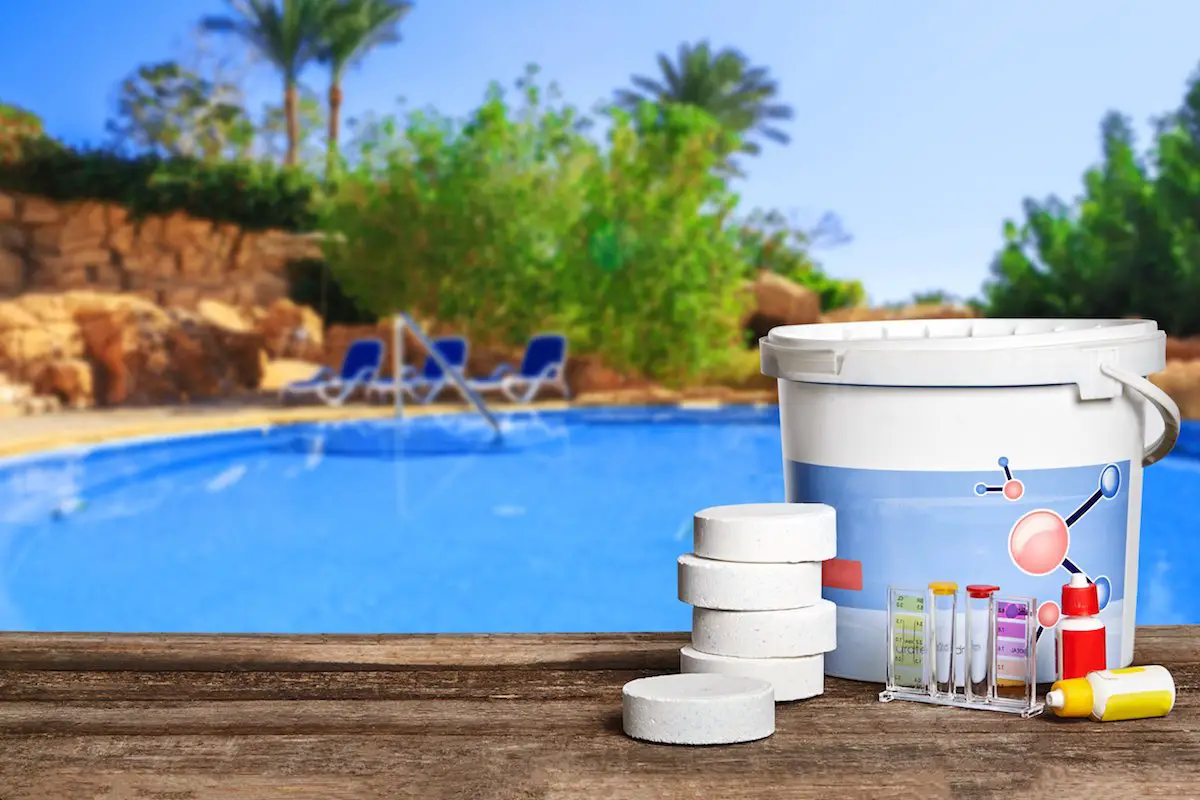Which Pool Liner Is Best For Your Above-Ground Pool?
When it comes to your above ground pool, choosing the right pool liner is a crucial decision that can impact the aesthetics, durability, and overall lifespan of your pool. With so many options available in the market, it can be overwhelming to make the right choice. In this comprehensive guide, we will walk you through everything you need to know about choosing the perfect pool liner for your above ground pool. From different types of liners to their features, pros and cons, and installation tips, we’ve got you covered. So, let’s dive right in!
Why is a pool liner important?
A pool liner serves as a protective barrier between the water and the pool structure. It prevents water leakage, adds an attractive finish, and enhances the overall durability of your above ground pool. Without a pool liner, your pool’s structure could be susceptible to damage from chemicals, sunlight, and general wear and tear. Additionally, a pool liner can improve the comfort and safety of swimmers by providing a smooth surface.
In addition, a high-quality pool liner can significantly extend the lifespan of your above ground pool. It acts as a shield, protecting the pool’s walls and floor from damage caused by water, chemicals, and external elements. By preventing leaks and minimizing the risk of punctures, a durable pool liner ensures that your pool remains in excellent condition for many years to come.

Types of Pool Liners For Your Above Ground Pool
When it comes to choosing a pool liner for your above ground pool, you have several options to consider. Let’s take a closer look at the three most common types of pool liners:
1. Vinyl Pool Liner
Advantages:
– Versatility: Vinyl liners are available in a wide range of colors, patterns, and thicknesses, allowing you to customize the look of your pool.
– Comfortable and Non-Slip: Vinyl liners offer a smooth and comfortable surface for swimmers, reducing the risk of slips and falls.
– Easy Maintenance: Vinyl liners are relatively easy to clean and maintain, requiring minimal effort to keep them in good condition.
– Budget-Friendly: Compared to other pool liner options, vinyl liners are generally more affordable, making them a popular choice among homeowners.
Disadvantages:
– Vulnerable to Tears and Punctures: While vinyl liners are durable, they are more susceptible to tears and punctures compared to other materials.
– Fading and Discoloration: Over time, exposure to sunlight and chemicals can cause vinyl liners to fade or lose their original color.
– Replacement Requirements: Vinyl liners typically have a lifespan of 5-10 years, after which they may require replacement.
2. Fiberglass Pool Liner
Advantages:
– Durability: Fiberglass liners are highly resistant to punctures, tears, and fading, offering long-lasting performance.
– Low Maintenance: Fiberglass liners are easy to clean and maintain, requiring less effort compared to other options.
– Smooth Surface: Fiberglass liners provide a smooth and non-porous surface, which inhibits the growth of algae and makes cleaning a breeze.
Disadvantages:
– Limited Customization: Unlike vinyl liners, fiberglass liners offer limited options for customization in terms of color and design.
– Higher Initial Cost: Fiberglass liners can be more expensive initially, but their durability and low maintenance can offset the higher upfront investment.
– Professional Installation Required: Fiberglass liners need professional installation due to their specific requirements and the specialized skills involved.
3. Tile Pool Liners
Advantages:
– Aesthetically Pleasing: Tile liners offer a luxurious and visually appealing finish, enhancing the overall beauty of your pool.
– Durability: Tile liners are highly resistant to UV rays, chemicals, and wear, making them a durable option for your above ground pool.
– Wide Range of Design Options: With a variety of shapes, colors, and patterns available, tile liners provide endless possibilities for customization.
Disadvantages:
– Higher Installation and Maintenance Costs: Tile liners can be more expensive to install and maintain compared to other options.
– Prone to Cracking: While tile liners are generally durable, they can be susceptible to cracking if not properly installed or maintained.
– Time-Consuming Installation: Installing tile liners can be a time-consuming process due to the intricate nature of the tiles and grouting.

Factors to Consider When Choosing a Pool Liner
Choosing the right pool liner for your above ground pool requires careful consideration of various factors. Here are some key points to keep in mind during the selection process:
- Pool Size and Shape: the size and shape of your pool will play a crucial role in determining the type and size of pool liner you need. Measure your pool accurately and choose a liner that fits perfectly, ensuring a seamless installation.
- Durability and Longevity: consider the durability and longevity of the pool liner materials. Look for liners that are resistant to punctures, tears, fading, and UV damage, as these factors can significantly impact the lifespan of your pool liner
- Aesthetic Appeal: select a pool liner that aligns with your aesthetic preferences and complements the overall design of your backyard. Vinyl liners offer a wide range of colors and patterns, while tile liners provide a luxurious and customizable look.
- Maintenance and Cleaning: different pool liners require varying levels of maintenance. Consider the cleaning and maintenance requirements of each type of liner and choose one that fits your lifestyle and schedule.
- Budget Considerations: set a budget for your pool liner project and explore options that fall within your financial constraints. Remember to consider the long-term costs of maintenance and potential replacement when making your decision.
Conclusion
Choosing the right pool liner for your above ground pool is a crucial decision that can impact the aesthetics, durability, and overall lifespan of your pool. By considering factors such as pool size, durability, maintenance, and budget, you can make an informed choice that suits your needs and preferences. Whether you opt for a vinyl, fiberglass, or tile liner, proper installation and regular maintenance will ensure your pool remains in excellent condition for years of enjoyment. We hope this article was helpful to you and if so, please consider sharing it with family friends!
Related Questions
Can I install a pool liner myself?
Yes, it is possible to install a pool liner yourself. However, it requires careful preparation, attention to detail, and some level of expertise. If you’re unsure about the process or lack the necessary skills, it’s recommended to hire a professional for a successful installation.
How often do I need to replace a pool liner?
The lifespan of a pool liner depends on various factors such as the quality of the material, maintenance, and usage. On average, vinyl liners last around 5-10 years, while fiberglass and tile liners can last significantly longer, up to 25 years or more.
How long does it take to install a pool liner?
The installation time for a pool liner can vary depending on the size and complexity of the pool, as well as the experience level of the installer. On average, a professional installation can take anywhere from a few hours to a full day. DIY installations may require additional time due to the learning curve and potential challenges.
What are the signs of a damaged pool liner?
Signs of a damaged pool liner may include visible tears, punctures, fading, discoloration, or wrinkling. If you notice any of these signs, it’s important to inspect and repair the liner to prevent further damage to your pool.


